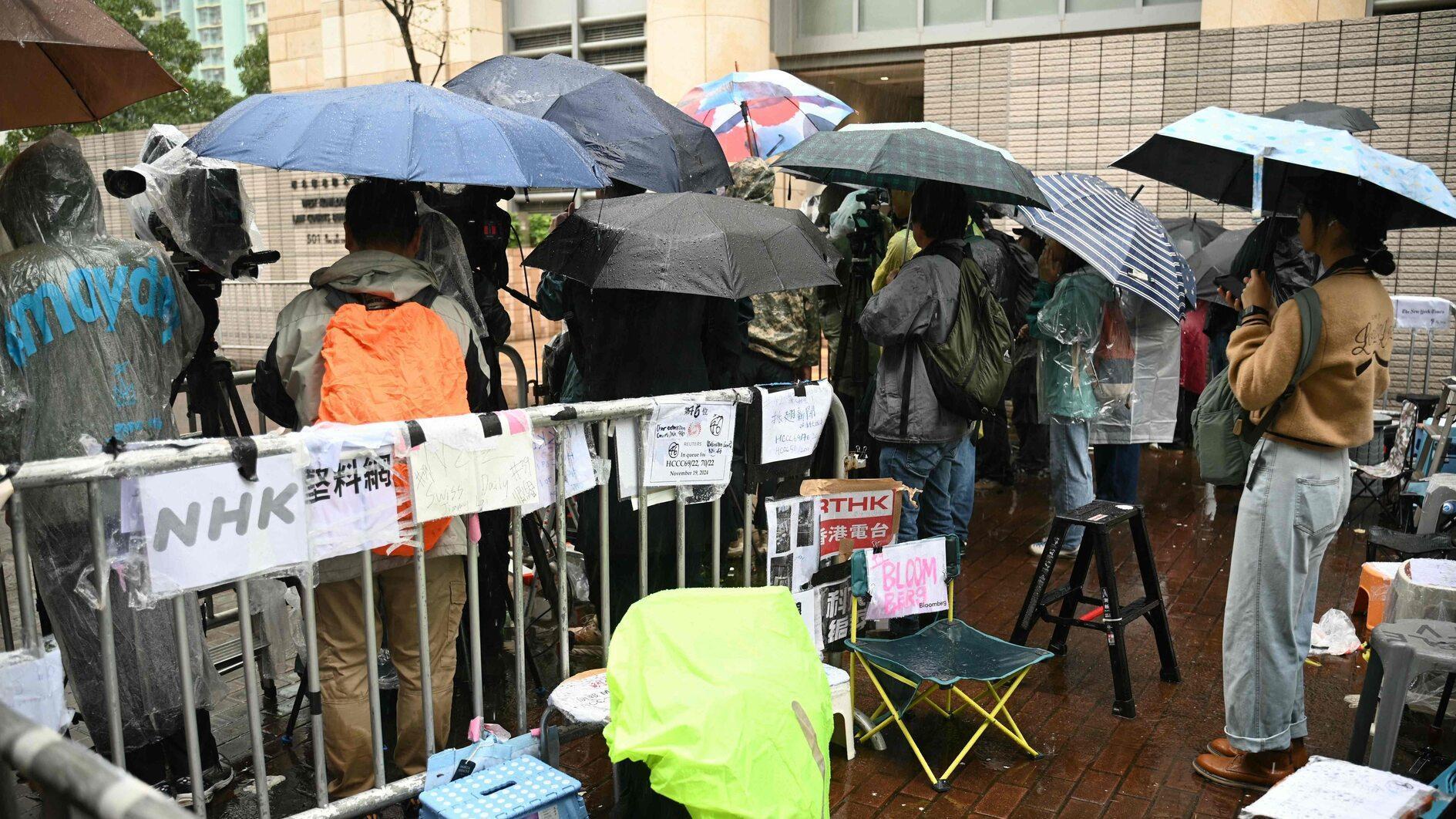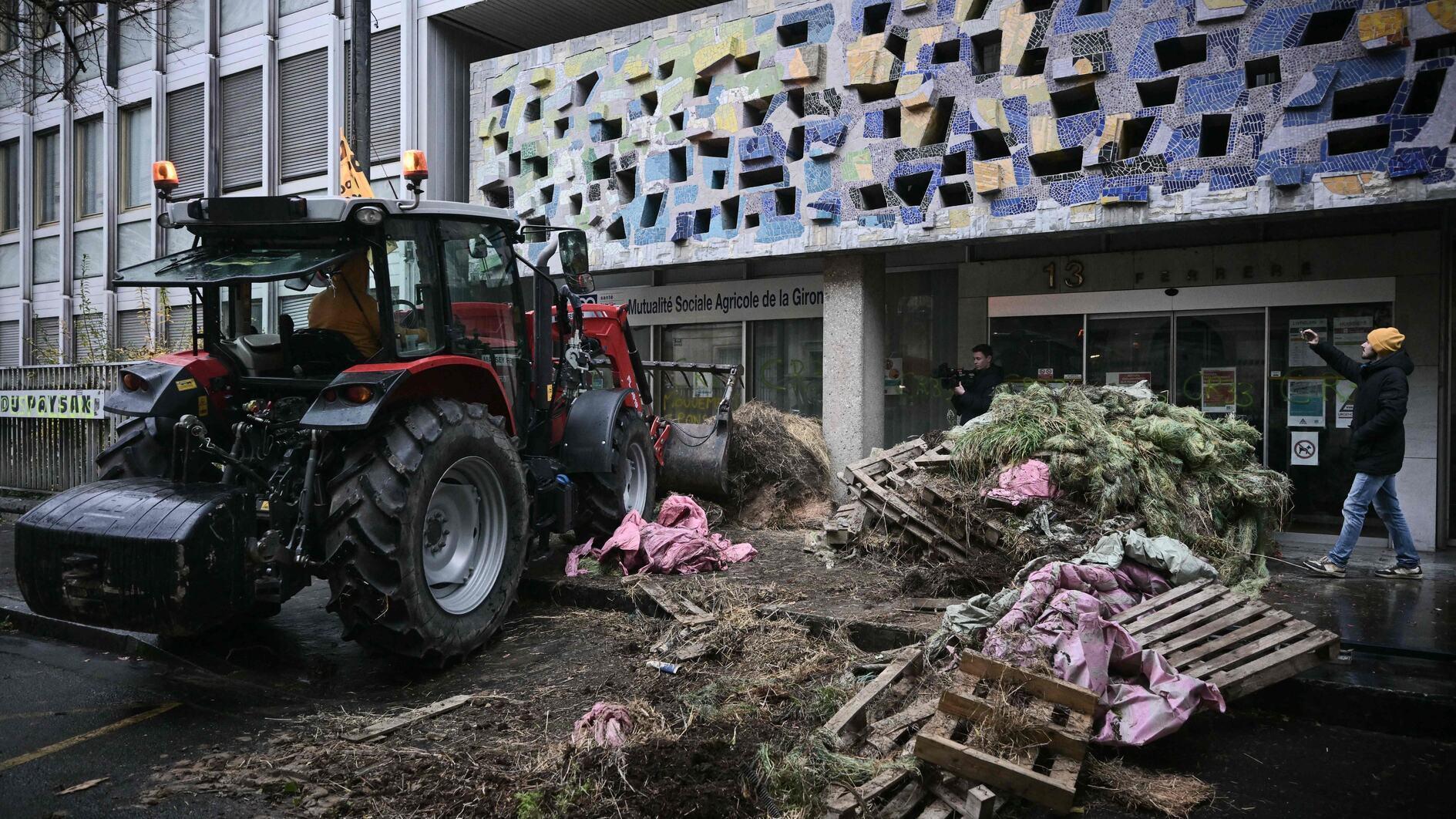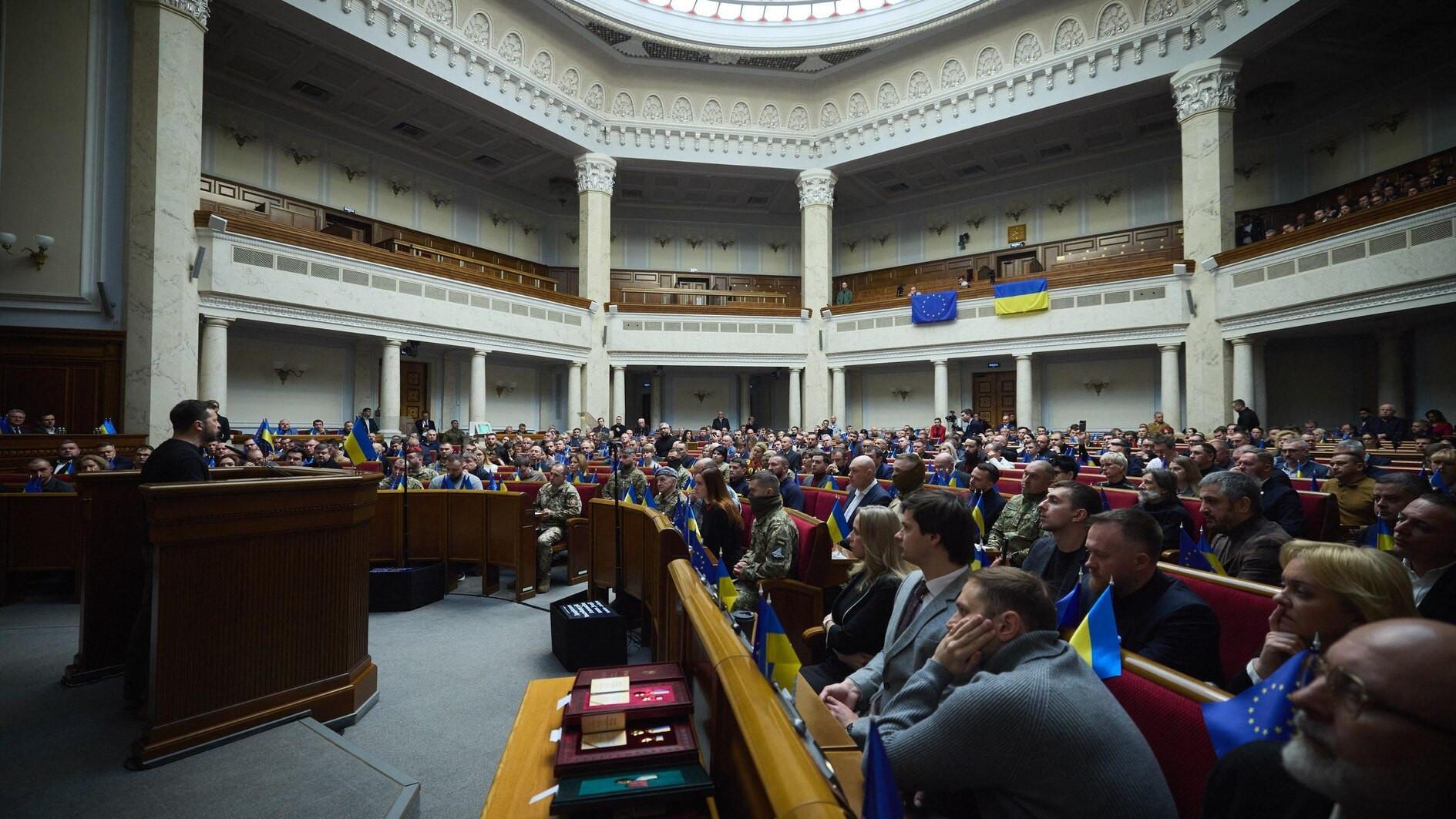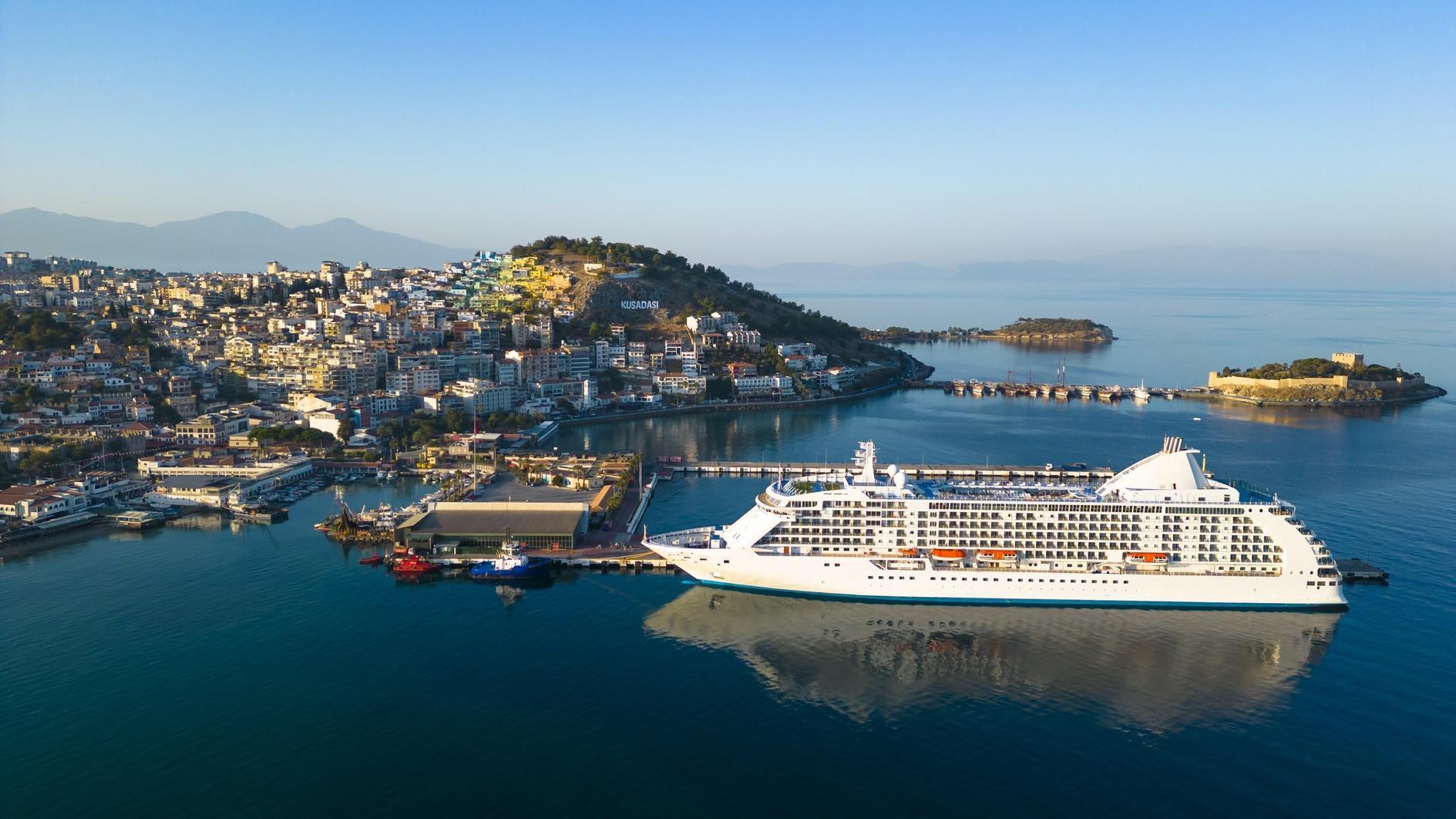Too early to say business as usual between Turkey and the EU
There have been two main developments in Turkey-EU relations in the last few months, especially after the German parliamentary elections in late September.
Turkey’s senior leaders have stopped demonizing and insulting European leaders through strongly-worded public statements and Turkey-EU dialogue has been revived, with the resumption of political consultation meetings on economy, trade and anti-terror cooperation.
The Turkey-EU High-Level Economic Cooperation Meeting took place on Dec. 8 in Brussels. The Turkish side included Deputy Prime Minister Mehmet Şimşek, Economy Minister Nihat Zeybekçi and Customs and Trade Minister Bülent Tüfenkçi. The EU side featured European Commission Vice President Jyrki Katainen and other senior Commission officials.
An energy meeting will take place in early 2018. Ankara and Brussels are expected to accelerate cooperation on various issues in the near future. Accordingly, the EU’s agreement to share Turkey’s refugee costs is set to enter a new phase, with Brussels having already started planning the allocation of the next 3 billion euros in 2018.
Contracts for the first 3 billion euros are expected to be concluded by Dec. 31. New projects that determine the details of future financial assistance to Turkey are due to be announced soon.
In addition, Ankara appears to have made behind-doors efforts to mend ties with Germany and the Netherlands after months of tension. President Recep Tayyip Erdoğan held phone conversations with German President Frank Steinmeier and Chancellor Angela Merkel in late November, after German Foreign Minister Sigmar Gabriel suddenly visited Antalya for talks with Foreign Minister Mevlüt Çavuşoğlu.
Last but not least, Turkey appears determined to revitalize the visa liberalization process that has been stalled since mid-2016. Many EU officials in Brussels seem surprised by the move.
Visa liberalization to be discussed on Dec 12
Foreign Minister Çavuşoğlu has been invited to the EU’s Foreign Affairs Council meeting scheduled for Dec. 12. There he is expected to present Turkey’s official proposal regarding the fulfillment of the seven remaining benchmarks (out of a total of 72) necessary to complete the process of visa liberalization for Turkish citizens. The proposal includes a new formula on how Turkey could overcome an impasse on its anti-terror and data protection laws.
A senior Turkish official expressed optimism that the EU Commission would approve the proposal, though a full go-ahead requires the approval of both the 28 member states and the European Parliament.
“Resuming dialogue between the two sides is a good thing,” one senior EU official in Brussels told me. “But it’s too early to say ‘business as usual with Turkey.’”
The EU’s main concerns are the way Turkey has handled the post-coup attempt process, the ongoing deterioration of the rule of law and transparency, and more general unpredictability. “Turkey-EU relations still suffer from differing perceptions on recent developments in Turkey. To enhance bilateral dialogue these issues need to be fixed,” the official said.
Concerns abut Turkey linger
“EU leaders decided not to make hasty decisions regarding Turkey at a key Council meeting in October but their concerns about where Turkey is heading continue,” the official added.
Positive developments in Turkey are essential in the coming months if Ankara wants to avoid a recommendation to freeze accession negotiations in the European Commission’s next progress report, which is due to be released in April 2018.
Such “developments” inevitably entail revisiting democratic reforms, improving human rights, the rule of law and media freedoms as well as normalizing state affairs by removing emergency decrees.
“It’s always good to strengthen economic ties and trade relations but the main pillar of the future of Turkey-EU relations is a value-based key criteria,” the official stated.
Key decisions to be made by EU powers
At this point, Turkey and the EU seem likely to normalize relations in terms of transactional operations on migration, the economy, anti-terror measures and security cooperation. However, key outstanding issues need to be resolved before ties between Ankara and Brussels are completely normalized.
Visa liberalization and upgrading the customs union could be considered the two main goals for Ankara to pursue. “Steps taken by the Turkish government to fulfill the remaining benchmarks [on visa liberalization] are sure to have a significant impact on the EU’s stance towards Turkey,” the official said, specifically referring to the importance of steps on democratization.
However, both issues still require a green light from prominent EU members. This could prove tricky given the negative public opinion regarding Turkey in the bloc. Moves that benefit the Turkish government are likely to meet strong resistance.
In short, a drastic improvement in EU-Turkey ties is only achievable if Turkey does more to improve democracy, the rule of law, human rights and fundamental freedoms.











